On its 30th anniversary and throughout the years, OUHK plays the role of an ambassador for Chinese culture
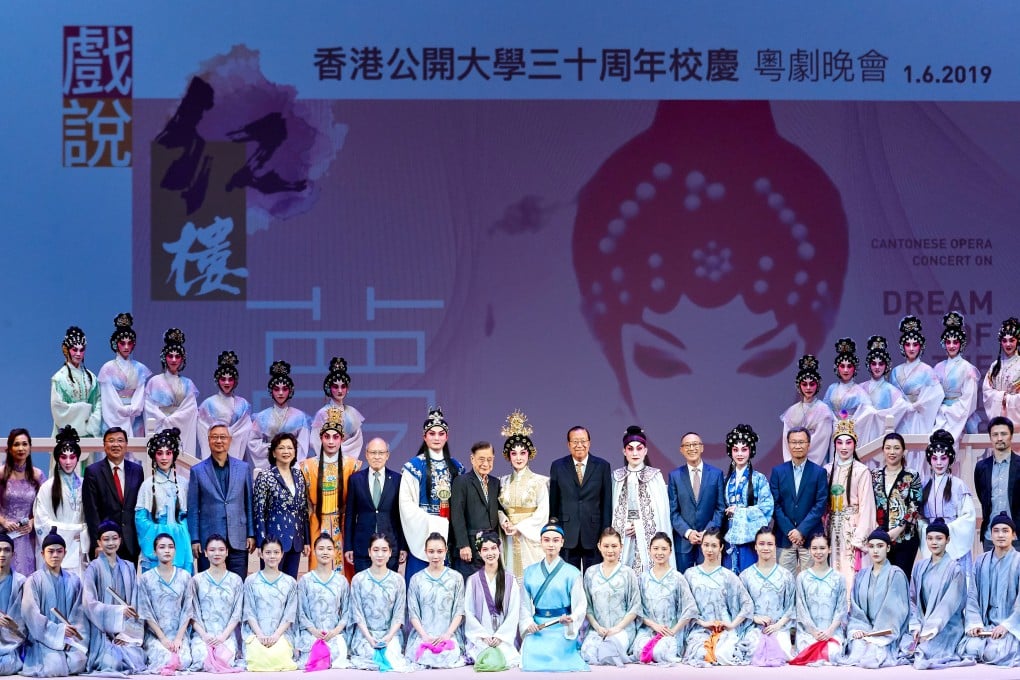
[Sponsored Article]
The Open University of Hong Kong (OUHK) has always taken an active part in promoting Chinese culture. Not only does it organize cultural activities for members of the public and of the University on a regular basis, it also encourages academic research in areas related to Chinese culture. On its 30th anniversary, OUHK took the opportunity to showcase a cultural gem — Cantonese opera — by staging an adaptation of one of the four great Chinese classical novels, Dream of the Red Chamber. The performance took place in the Grand Theatre of the newly opened Xiqu Centre in West Kowloon Cultural District on 1 June 2019.
Chinese culture in anniversary celebrations
The show tells the classic love story between Jia Baoyu and Lin Daiyu, a romantic tragedy at the heart of the original novel which vividly exposes the decadence of feudal institutions and the power struggles within the aristocracy. With its profound depictions of love and human relationships, Dream of the Red Chamber sits at the very summit of Chinese literature and continues to exert an unparalleled influence. To introduce the audience to the sublime art of Cantonese opera, OUHK invited top artists from diverse fields to present the story in an integrated show that incorporated traditional Cantonese opera excerpts and original dance and stage effects. Choo Heng-cheong, a renowned chief musician in the industry, took up the role of Artistic Advisor; his disciple Leonard Wong Shing-chuen was Music Director, while veteran theatre director Fredric Mao Chun-fai served as Artistic Director.
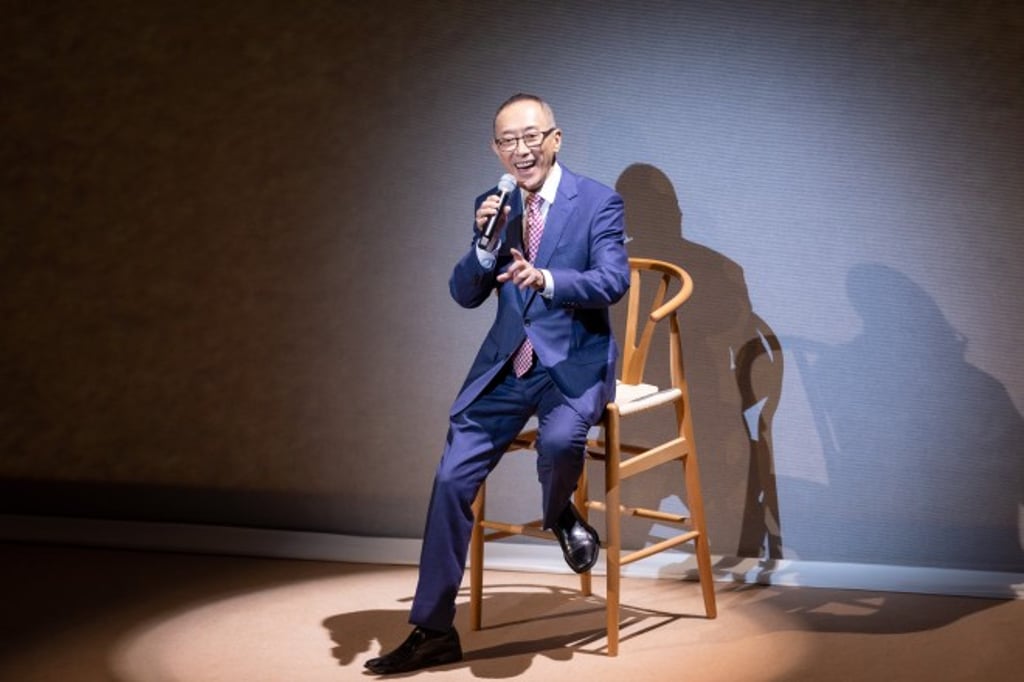
Chinese writer and literary critic Prof. Liu Zaifu once discussed Dream of the Red Chamber from an aesthetic point of view in a talk at OUHK, whilst Taiwanese writer Prof. Kenneth Pai Hsien-yung applauded it as "the world’s number one book". The two literary masters were invited to record a "prelude" to the show in the form of a dialogue entitled "A Glimpse of the Red Chamber". A dance performance by a group of fresh graduates from the Hong Kong Academy of Performing Arts, choreographed by the Hong Kong Dance Company’s Artistic Director Mr Yang Yuntao, ensued: "Daiyu Joins the Jia Family". This was followed by virtuosic performances by Tse Kwok-cheung, Li Qiuyuan and Jiang Wenduan, along with several up-and-coming artists, who brought the captivating romance to life in five opera excerpts. In the middle of the show, Fredric Mao shared his reading of the story in a talk.
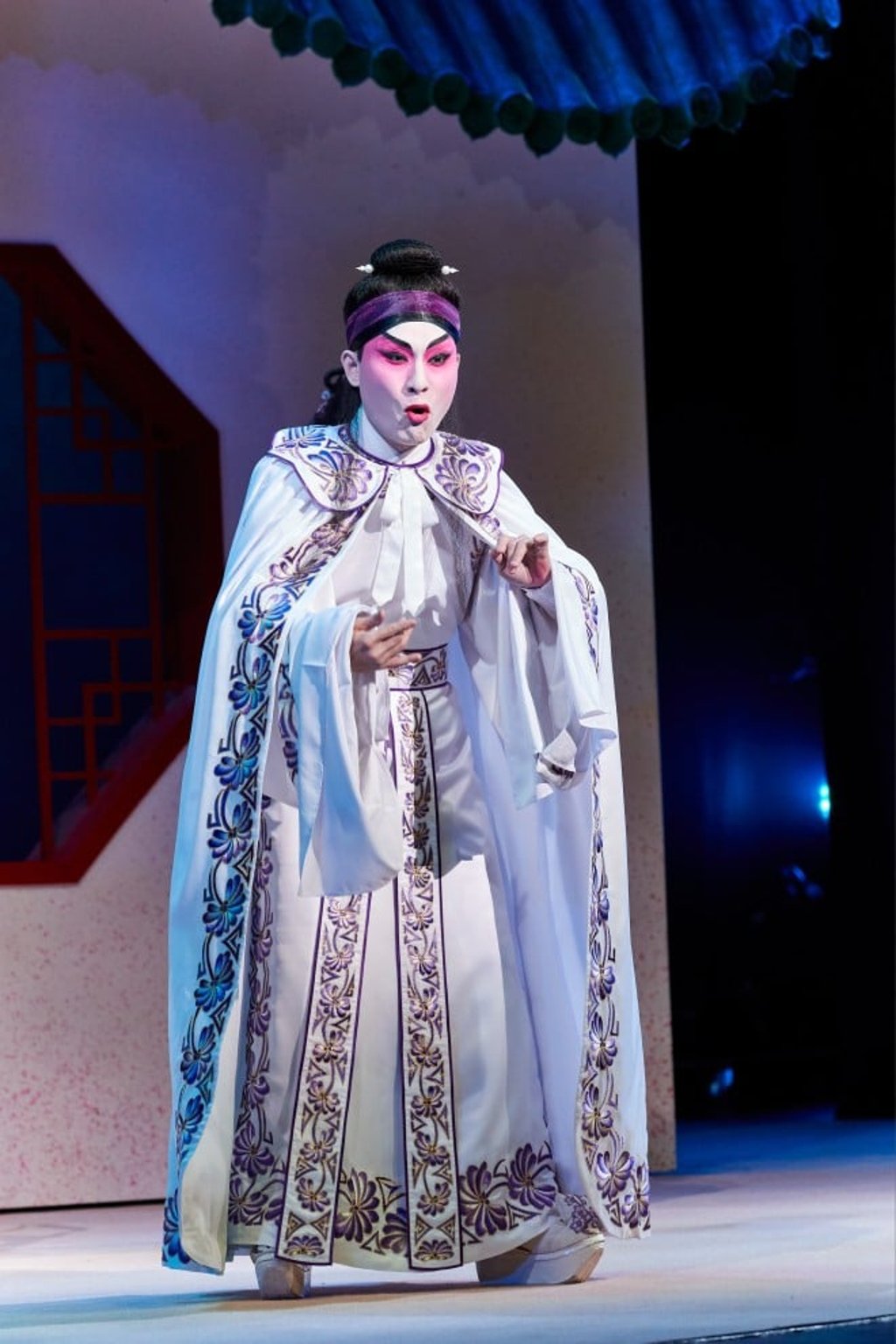
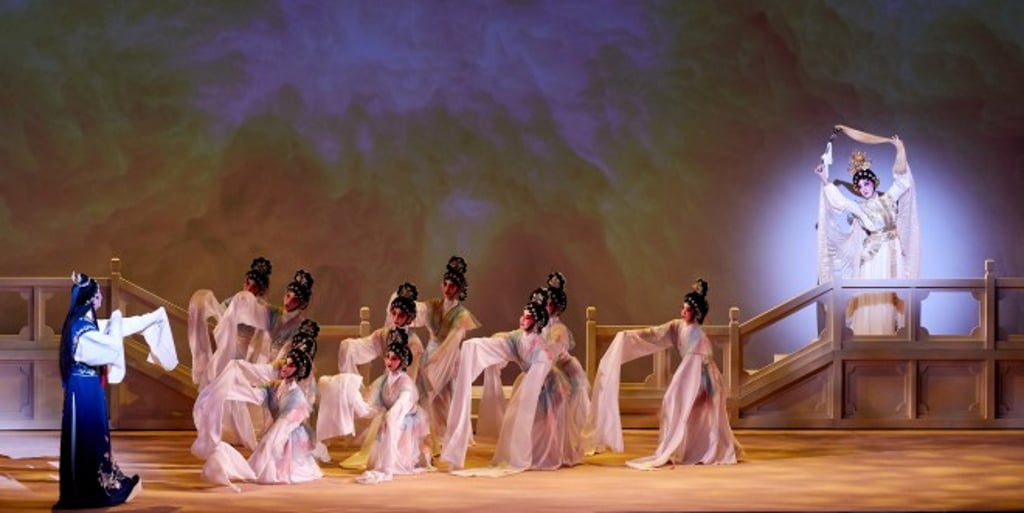
Chinese culture in talks and events
The anniversary show was only one in a series of initiatives by the University to pass on Chinese cultural heritage. With the generous support of the Tin Ka Ping Foundation, OUHK set up the Tin Ka Ping Centre of Chinese Culture (TKPCCC) back in 2015 to promote Chinese culture through public lectures and cultural activities. Last year’s talks by Rebecca Pan on Chinese pop songs with English lyrics, and by Prof. Kenneth Pai on how he took Kunqu to the world via a "young" rendition of The Peony Pavilion were enthusiastically received. Also in 2018, OUHK was gifted a further HK$3 million from the Foundation to kick start a five-year Moral and Chinese Cultural Education Programme. Cultural events and sports activities designed to promote humanistic values among students have so far included local culture tours, local food and drink experiences, traditional art and craft workshops, book exchanges, a cheongsam exhibition, a public seminar and photographic art exhibition exploring Chinese and French cultures under Le French May, and the Tin Ka Ping Sportsmanship Cup futsal invitationals.
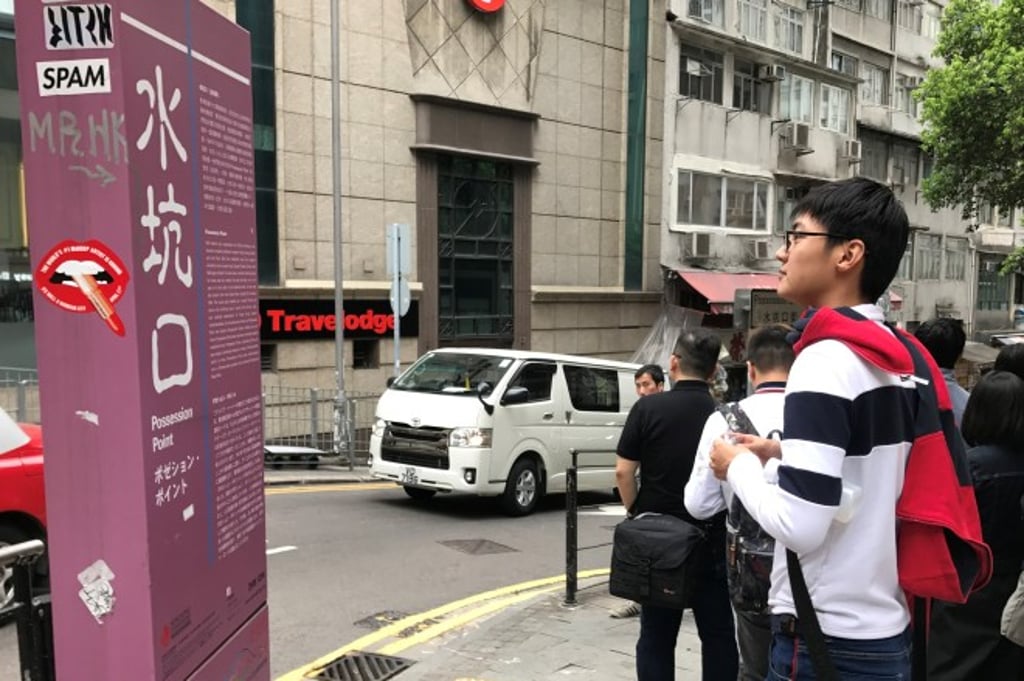
At the beginning of this year, the Foundation donated a further HK$5 million in support of new initiatives by the TKPCCC that integrates Chinese culture, creative arts and general education. One is an artist–student crossover scheme that invites experts, scholars and artists to collaborate with OUHK Creative Arts students in new art pieces or projects. Another initiative targets secondary school teachers and students, with Chinese culture-themed workshops aiming at enhancing students’ imagination and skills in applying text and image in different media. The University will also launch General Education courses on Chinese literature, culture, arts, philosophy and history for full-time students, to help them build a foundation for cultural appreciation.
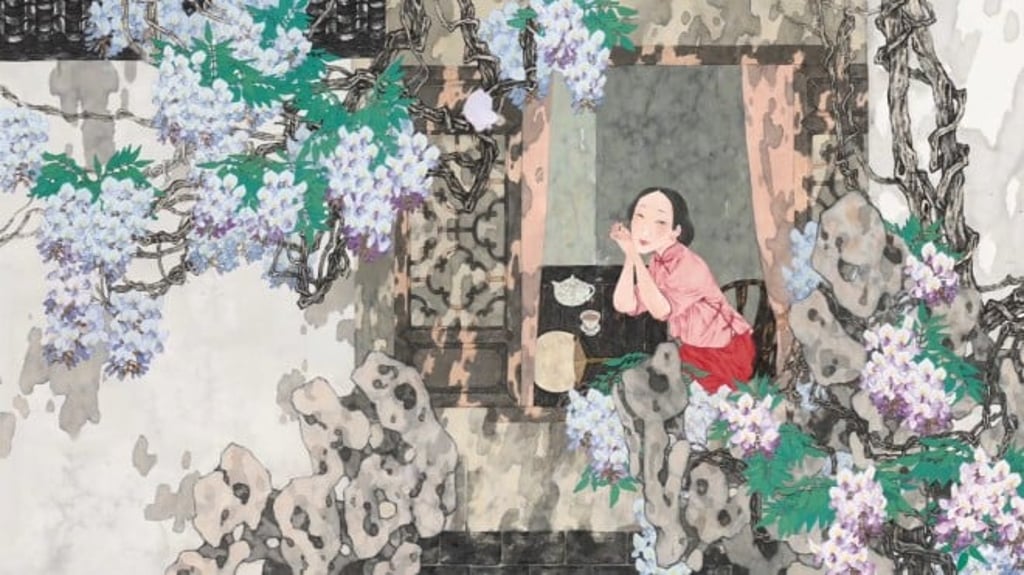
Chinese culture in academic exchanges
In academic research, the Research Institute for Digital Culture and Humanities (RIDCH), under the School of Arts and Social Sciences, studies digital Chinese literature, digital ink wash paintings and new Chinese media. Under the auspices of the Research Grants Council, the School embarked on the Chinese Culture in the Global Context (CCGC) project in 2017. The project aims partly to enhance the research capacity of OUHK academics in the fields of Chinese language, literature, history, philosophy, communication, film and art, and partly to facilitate the study of the increasingly important role that Chinese culture plays in global affairs, ultimately providing a platform to connect major centres of Chinese studies around the world. Together with the TKPCCC, various parties from the School have organized a host of academic activities in the past few years, including seminars led by Chinese and international scholars as well as large-scale conferences like the Chinese Culture in the Global Context International Conference 2019, Life and Literary Criticism: The 4th Cross-Straits Seminar of Literature and Arts in Chinese, the Symposium on Digitalization in the Context of Chinese Culture, and the Symposium on Culture and the Humanities in the Digital Age: China Focus. The CCGC has appointed four international scholars to be Distinguished Professors, while the TKPCCC invites acclaimed scholars, faculty and tertiary students from mainland China to the University for academic exchanges on a regular basis.